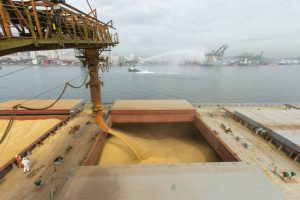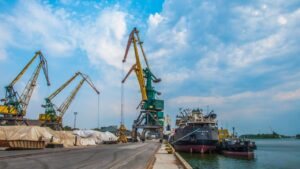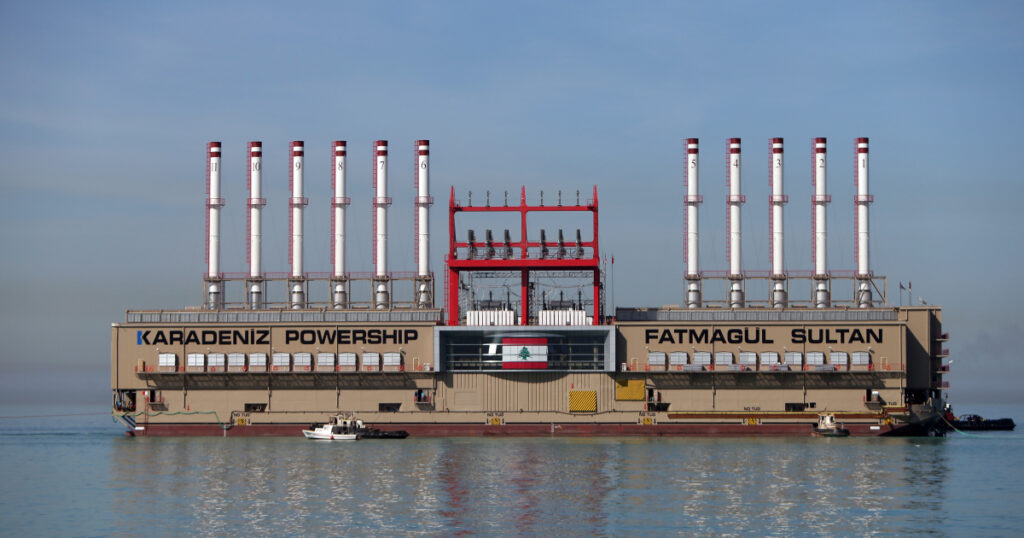The FOSFA arbitration for the first time recognized the war in Ukraine as a force majeure for exports

For the first time, the FOSFA arbitral tribunal considered a force majeure case in connection with the war in Ukraine.
The case was considered in 2022. Danylo Hristych, who dealt with the case, told about it at Trend&Hedge Club, Asap Agri reports.
The arbitration considered the situation with the export of 3.5 thousand tons of sunflower from Kherson to Turkey under the contract on the terms of CIFFO Marmara/Izmir. The contract called for delivery between February 15 and March 5, 2022. However, due to the war, the buyer had to declare force majeure.
On September 1, the exporter announced that it could not fulfill the contract, citing military action and the export ban. According to the documents, the contract is considered terminated if the force majeure lasts more than 60 days.
However, the buyer did not agree with the fact that force majeure exempts the seller from responsibility. He claimed that the cargo could have been exported through other ports.
After a series of disputes, the FOSFA arbitration ruled in favor of the buyer, ordering the seller to pay $1.19 million in damages.
In August, the exporter filed an appeal, where he noted that the buyer did not demand evidence of force majeure and insisted on fulfilling the contract, despite the export ban.
“Our main arguments were that the buyer denied the force majeure, but not the export ban in Ukraine, which was introduced; the buyer continued to demand performance of the contract; the buyer never required proof of force majeure. We did a lot of work and collected and submitted to the arbitration the full context of what happened in Ukraine at the beginning of spring, which forced the seller to declare force majeure,” said Danylo Hristych.
According to him, this case emphasized the importance of carefully specifying force majeure conditions in contracts and the need to inform the parties in a timely manner in case of unforeseen circumstances.
The USM previously reported that Panama would automatically deregister vessels that evade sanctions or engage in illegal activities.





